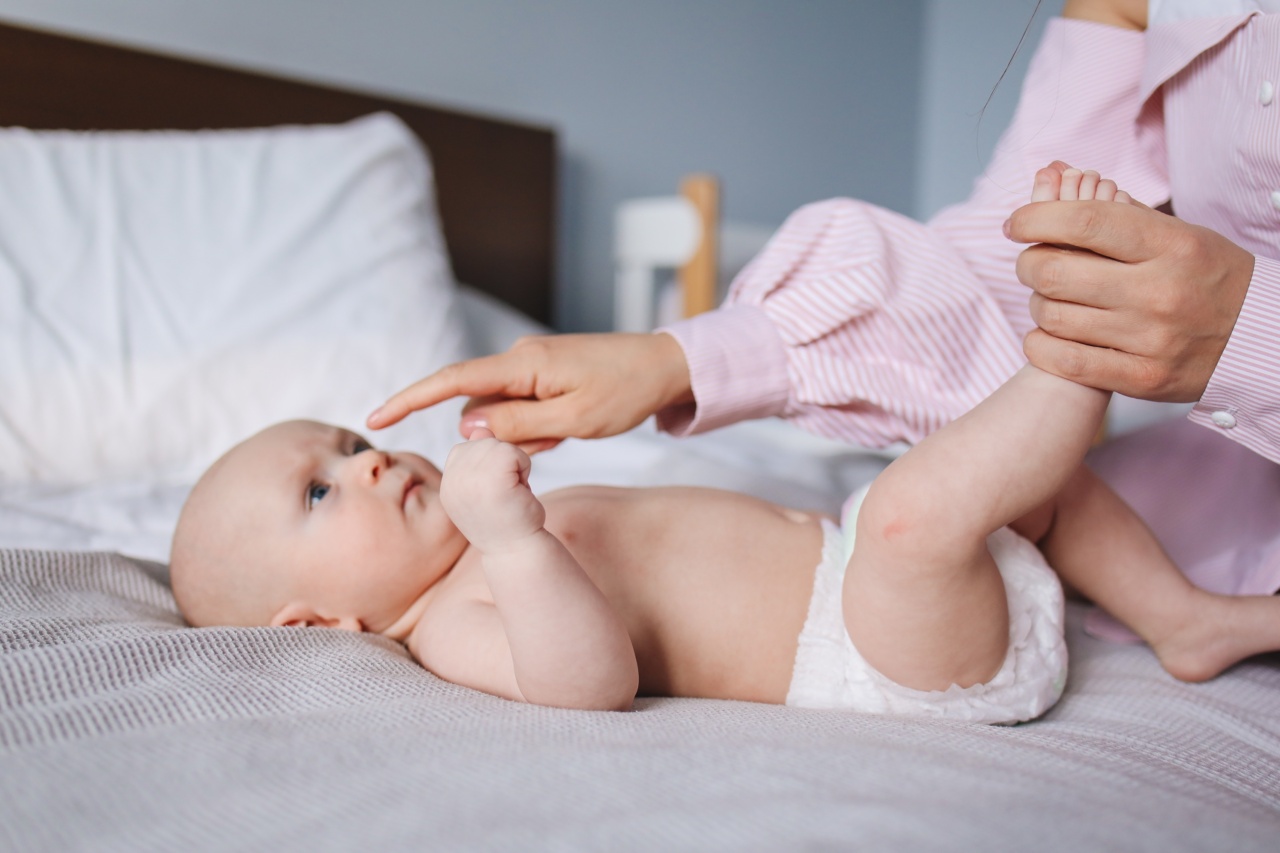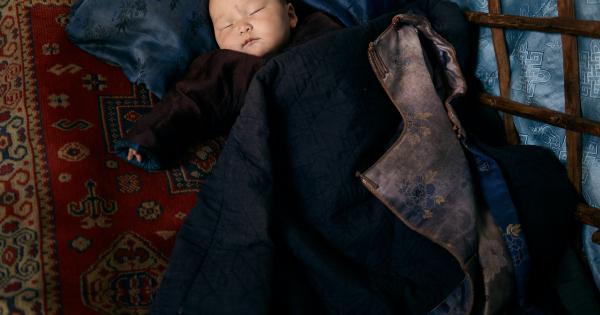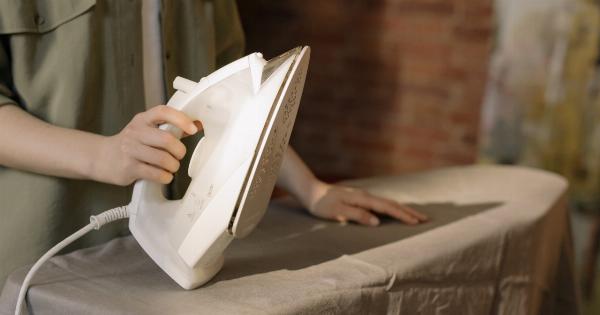In Sweden, the well-being of children is a top priority. The country has implemented a set of childcare guidelines to ensure the safety and proper development of infants. One notable guideline is the prohibition of bed-sharing with babies.
This policy aims to minimize the risk of accidents, promote independent sleep habits, and foster a sense of security for both the child and the parents.
The Importance of Safe Sleep Environments
Creating a safe sleep environment is crucial for infants as it significantly reduces the chances of sudden infant death syndrome (SIDS) and other sleep-related accidents.
Sweden’s childcare guidelines emphasize the importance of a separate sleeping area for babies, such as a crib or a bassinet, to guarantee their safety during sleep.
Minimizing the Risk of Accidents
Bed-sharing poses potential risks to infants, including suffocation, entrapment, and overheating.
Babies are vulnerable and may not have the ability to defend themselves or react appropriately if they find themselves in a dangerous situation during sleep. By ensuring that infants sleep in their own crib or bassinet, Sweden’s childcare guidelines aim to minimize the risk of accidents and create a secure sleep environment.
Promoting Independence and Healthy Sleep Habits
Another important aspect of Sweden’s childcare guidelines is promoting independent sleep habits in infants. By having a separate sleeping area, infants are encouraged to develop self-soothing skills and learn to fall asleep on their own.
This fosters healthy sleep patterns, reduces reliance on parental presence, and enables babies to sleep more comfortably throughout the night.
Addressing Emotional Needs and Security
Sweden’s childcare guidelines also recognize the emotional needs and security of both infants and parents.
While it is natural for parents to want to have their babies close during sleep, the guidelines aim to strike a balance between emotional connection and safety. By providing a separate sleeping area, parents can still maintain proximity to the baby while ensuring a secure sleep environment.
Alternative Options for Close Contact
While bed-sharing is discouraged, Sweden’s childcare guidelines acknowledge the importance of close contact between infants and parents.
There are alternative options that allow for bonding and closeness while minimizing the risks associated with bed-sharing. Co-sleepers, bedside cribs, or attaching a crib to the parents’ bed are all safe alternatives that allow for proximity and easy access during nighttime care without sharing the same sleeping surface.
Research and Expert Recommendations
The childcare guidelines in Sweden are formulated based on extensive research and the recommendations of experts in child development, pediatrics, and sleep medicine.
These guidelines are continuously reviewed and updated to ensure that they reflect the latest scientific findings and best practices in infant care.
International Comparisons and Adoption of Guidelines
Sweden’s approach to childcare, including the prohibition of bed-sharing with babies, has been praised by experts worldwide.
Many countries have adopted similar guidelines, recognizing the positive impact they can have on infant safety and healthy sleep development. By learning from Sweden’s practices, other nations can prioritize child well-being and implement effective childcare guidelines in their own communities.
Empowering Parents with Knowledge and Support
Sweden’s childcare guidelines not only prioritize the safety of infants but also empower parents with the necessary knowledge and support to provide the best care for their children.
By educating parents about the risks associated with bed-sharing and offering alternative options, Sweden ensures that parents are well-informed and equipped to make informed decisions regarding their child’s sleep environment.
Conclusion
Sweden’s childcare guidelines, which discourage bed-sharing with babies, promote the safety, independence, and emotional well-being of infants.
By creating separate sleeping areas, these guidelines minimize the risk of accidents, encourage healthy sleep habits, and provide security for both infants and parents. International recognition of these guidelines signifies their importance in prioritizing child welfare and ensuring optimal care for infants worldwide.




























